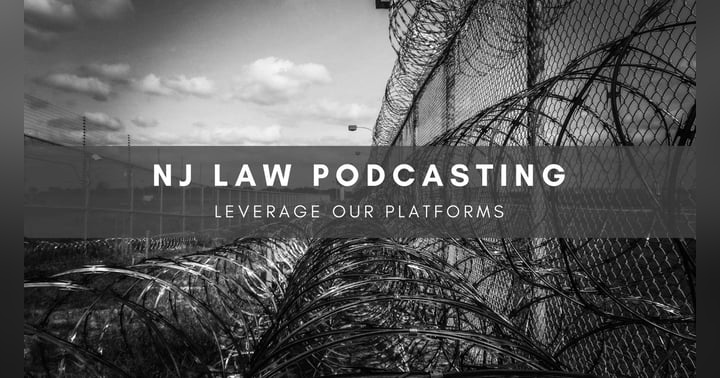Why Every Podcast Creator Should Have Their Own Website

Having a dedicated website allows creators to provide extra resources, expand upon their topics, and engage with their audience on a more personal level. In this blog post, we'll dive deep into the reasons why every podcast creator needs a website and provide practical tips on how to create one that stands out.
Offering Additional Content: As a podcast creator, you have limited opportunities to engage with your audience during each episode. A dedicated website, on the other hand, allows you to provide additional resources, such as show notes, transcripts, blog posts, videos, and downloadable content. These extras can help your listeners deepen their understanding of your topics, learn more about your guests, and engage with your brand beyond just the audio experience. By providing valuable extras, you also create a loyal fan base that is more likely to recommend your show to others.
Monetizing Your Podcast: A website also provides more opportunities for monetizing your podcast. Whether it's through sponsorships, affiliate marketing, merchandise sales, or donations, having a website gives you the flexibility to experiment with different revenue streams. Plus, having a website makes it easier to track your podcast's success and measure your audience's engagement. You can use analytics tools to learn which episodes are the most popular, which topics generate the most traffic, and which calls to action are the most effective.
Improving Discoverability: Search engines like Google rely heavily on keywords, metadata, and other factors to rank websites. By optimizing your website for search engines, you increase your chances of being found by potential listeners who are searching for related topics. A well-optimized website can lead to more organic traffic, higher conversion rates, and better engagement metrics. You can also use social media to promote your website and expand your reach beyond just iTunes, Stitcher, or Spotify.
Creating a Community: Beyond all the technical benefits, having a website can also help you create a community around your podcast. By having a comments section, a forum, or a newsletter, you can directly interact with your audience, receive feedback, and address their concerns. You can also connect with fellow podcasters, industry experts, and influencers who share your niche. By building a network of collaborators, you can keep learning, growing, and improving your podcast and your website.
SEO for Guest Names & Topics: Another advantage is the ability to create individual profile pages and content tags for your podcast guests. This not only gives your guests more exposure but also adds value to your website by providing listeners with more in-depth information about the people featured on your show. By including links to your guests' websites and social media profiles, you can also help them grow their own following, which can lead to more collaborations and opportunities for your podcast.
Other Marketing Efforts: Having a podcast website also allows for better integration with other digital marketing strategies. For example, you can use email marketing to promote new episodes or offer exclusive content to subscribers. By including links to your website in your email campaigns, you can also drive more traffic and engagement to your site.

